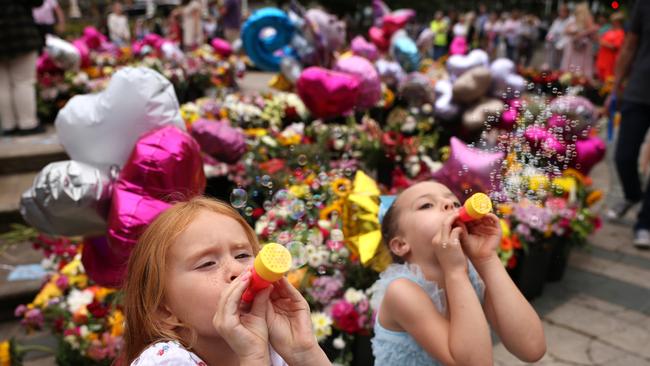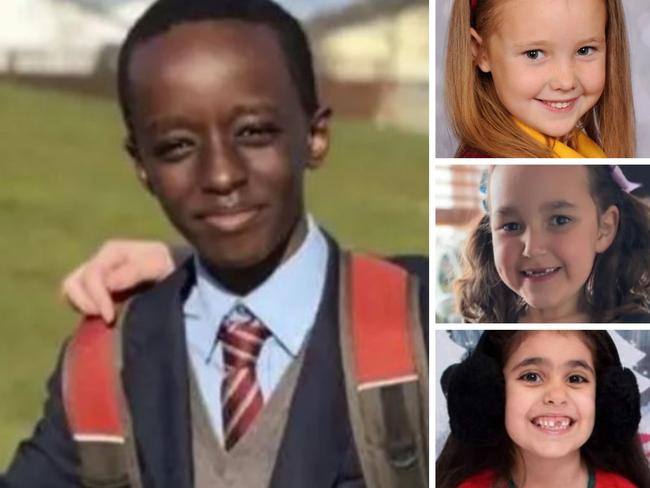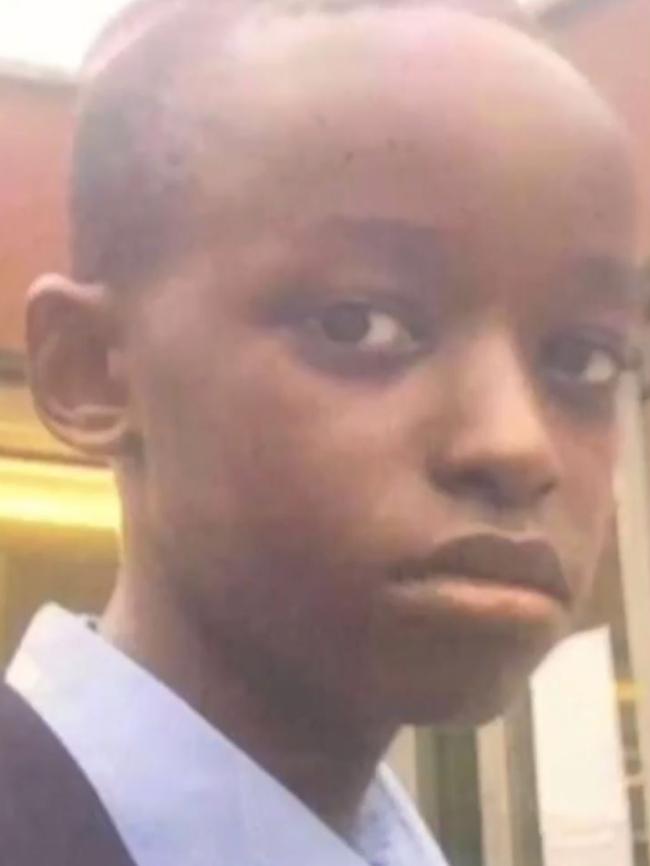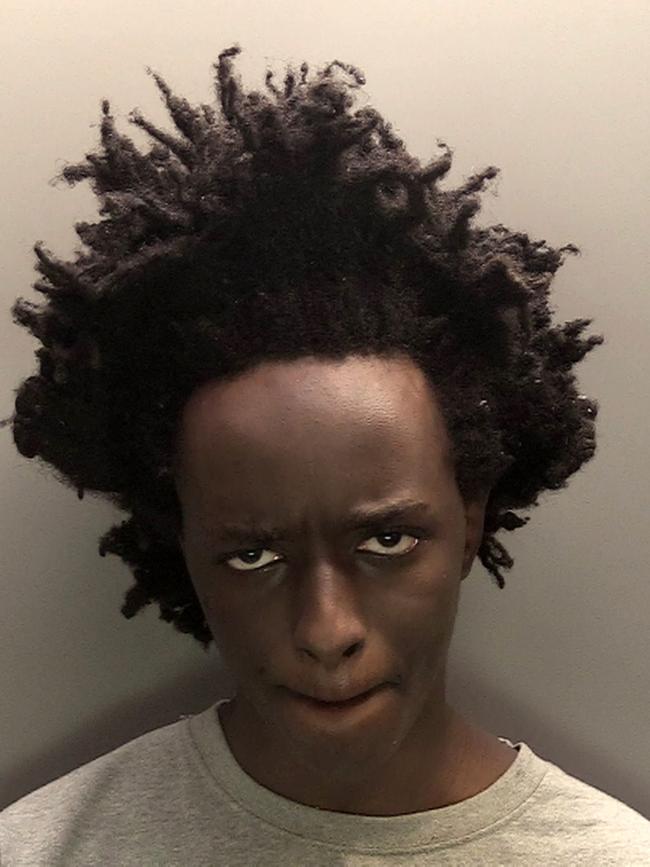Axel Rudakubana: troubled teen whose knife rampage shocked the UK
Axel Rudakubana was born in Cardiff in Wales to parents who came to the UK from Rwanda following the 1994 genocide. He was described as a loner in school before being expelled, then developed an ‘obsession for violence’.

Once an unassuming schoolboy who attended a drama club, UK child killer Axel Rudakubana retreated into his own world over the years, searching for increasingly violent images online.
Rudakubana was Thursday sentenced to life in custody, and ordered to serve a minimum of 52 years, after pleading guilty to murdering three young girls and injuring 10 other people in a frenzied, cold-blooded attack on a dance class in Southport, northwest England.
The parents of one of his victims condemned him as “cruel and evil” while prosecutors painted him as a reclusive teenager who became obsessed with online violence.
Judge Julian Goose said: “He wanted to try and carry out mass murder of innocent, happy young girls.” “It was such extreme violence ... it is difficult to comprehend why it was done.” Back in 2019, Rudakubana called a helpline for children to ask “What should I do if I want to kill somebody?” the court was told.
Ten times he took a knife to school with him before he was expelled. He was then enrolled in two special schools after being given an autism spectrum diagnosis in 2021. But he barely attended.
Prosecutors told the court they could not identify that he had acted out of any “particular terrorist cause”.
The Crown Prosecution Service, which brings prosecutions in England and Wales, said he was “a young man with a sickening and sustained interest in death and violence” who had shown no sign of remorse.
Even though he and his family had frequent contact with police and social services, they ultimately failed to stop him carrying out an attack that triggered a week of riots.

Rudakubana was born in Cardiff in Wales to parents who came to the UK from Rwanda in the years following the 1994 genocide.
The family settled in a coastal village called Banks in northwest England, where Rudakubana attended school and was part of a local theatre group, appearing in a Doctor Who-themed advert for a BBC children’s fundraiser.
Rudakubana was described by fellow students as being “odd” and a loner at school, according to reports.
He was expelled when he was a young teenager for carrying a knife to school and later assaulting students with a hockey stick, for which he was convicted.
The Times newspaper reported he had claimed he was protecting himself from “racist bullies”.
- Kitchen knife -
His teachers referred him to the authorities in 2019 for viewing violent material, five years before he would commit the worst mass killing of children the UK has seen since the 1996 Dunblane massacre in Scotland.
Rudakubana has confessed to killing Bebe King, six, Elsie Dot Stancombe, seven, and Alice da Silva Aguiar, nine, as well as the attempted murder of 10 others.


Armed with a 20-centimetre (eight-inch) kitchen knife he bought on Amazon days before his 18th birthday, Rudakubana went on a rampage at the Taylor Swift-themed dance class in Southport on July 29, 2024.
During his earlier court appearances, he barely uttered a word except to say “guilty” to 16 charges.
But on Thursday he became disruptive, and was twice ordered from the court by the judge when he shouted out repeatedly that he wasn’t feeling well and needed to see a doctor. He refused to return to court to hear the sentence.
The British government has confirmed Rudakubana was referred to the UK’s anti-extremism scheme, Prevent, three times between 2019 and 2021, reportedly for looking at images of terror attacks and war on school computers.
Prime Minister Keir Starmer has now ordered a public inquiry into why he slipped through the cracks.
- ‘Obsession with violence’ -
By February 2023, Rudakubana had stopped engaging with mental health services. Police searches of his house after the attack revealed “numerous documents” that indicated an “unhealthy obsession with extreme violence”, said Merseyside Chief Constable Serena Kennedy.
They detailed violent upheavals from history, including the Rwandan genocide and Nazi Germany, and other images of dead bodies, beheadings and torture.
According to child services, the teenager had “struggled to re-integrate into school” after he was excluded, which “was exacerbated by the pandemic”.
His family has been left “devastated” by the events, said the church his father Alphonse attended. And they have now been moved by police to a secret location for their protection.


